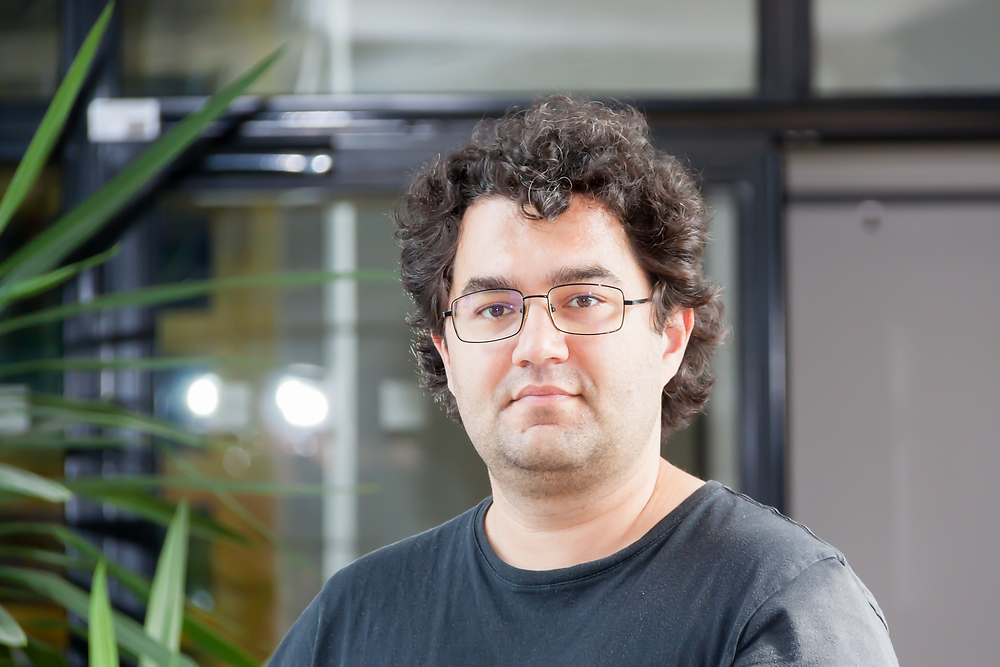September 16, 2020 | News | Welcome to the MPIDR
Ole Hexel is new researcher at the Digital and Computational Demography Lab

© MPIDR/Wilhelm
How do families support each other across generations with monetary and material gifts in different countries? Ole Hexel, new researcher at MPIDR, is investigating these and other questions. Born and raised in Rostock, he loves the Baltic Sea at all seasons.
1. What question drives you most in your research?
I am interested in how families support each other across generations. I am especially interested in how the level of support – financial or in-kind -- that we receive and give changes over the course of our lives and how this differs between countries.
2. What are you particularly looking forward to as you start working at MPIDR?
I am excited about the interdisciplinarity within the Digital and Computational Demography lab. I look forward to collaborating with and learning from the outstanding researchers that I now get to call my colleagues.
3. What do you like most about Rostock?
The sea. I grew up here in Rostock before going abroad for university. I always missed being only a short trip away from the sea. And not only during summer. I find the Baltic Sea very calming and invigorating in all kinds of weather.
4. What are you obsessed with at the moment besides demography?
I am trying to learn Arabic. It is my partner’s family’s main language and I want to finally be able to understand their jokes.